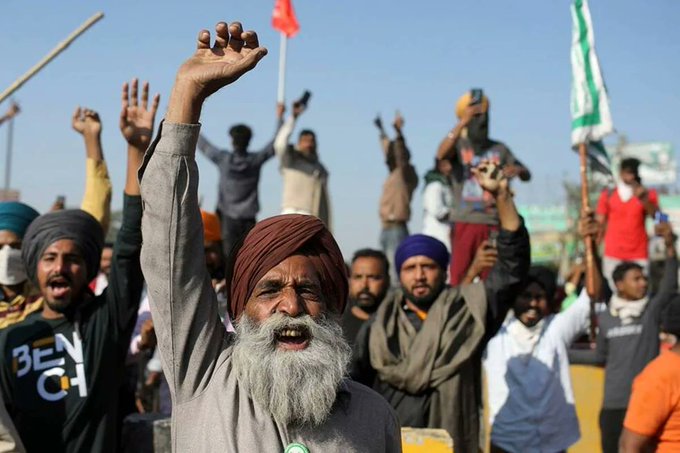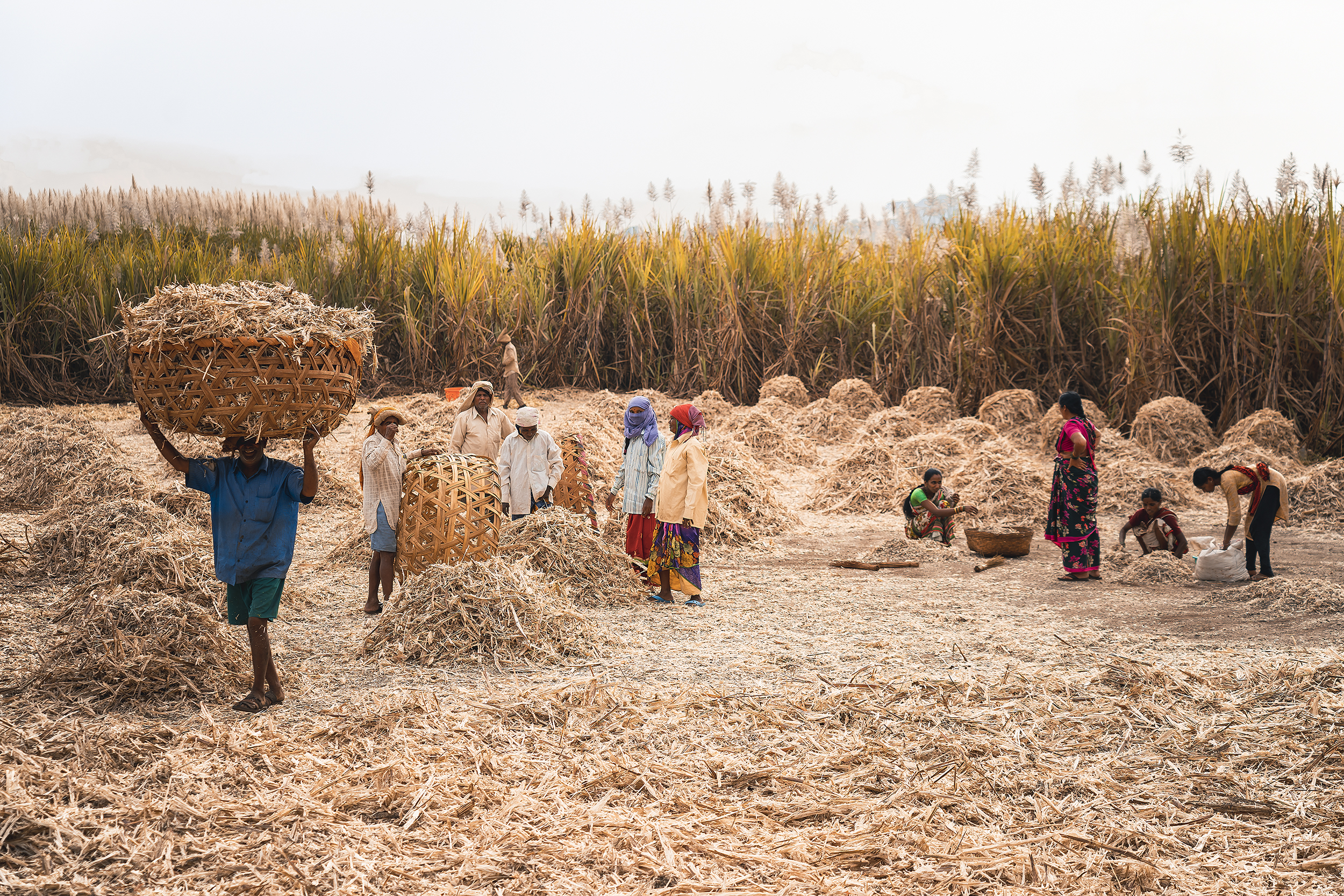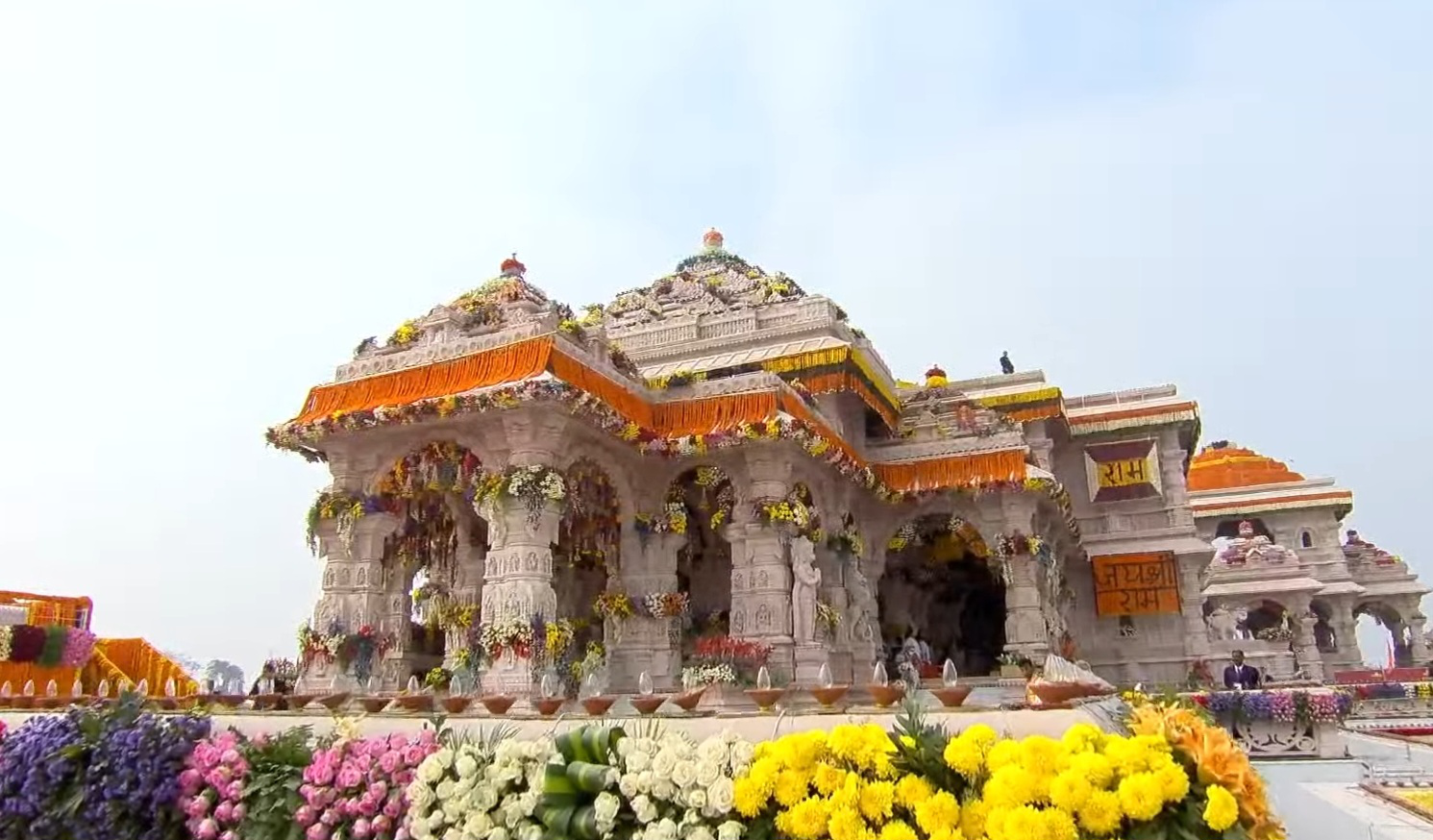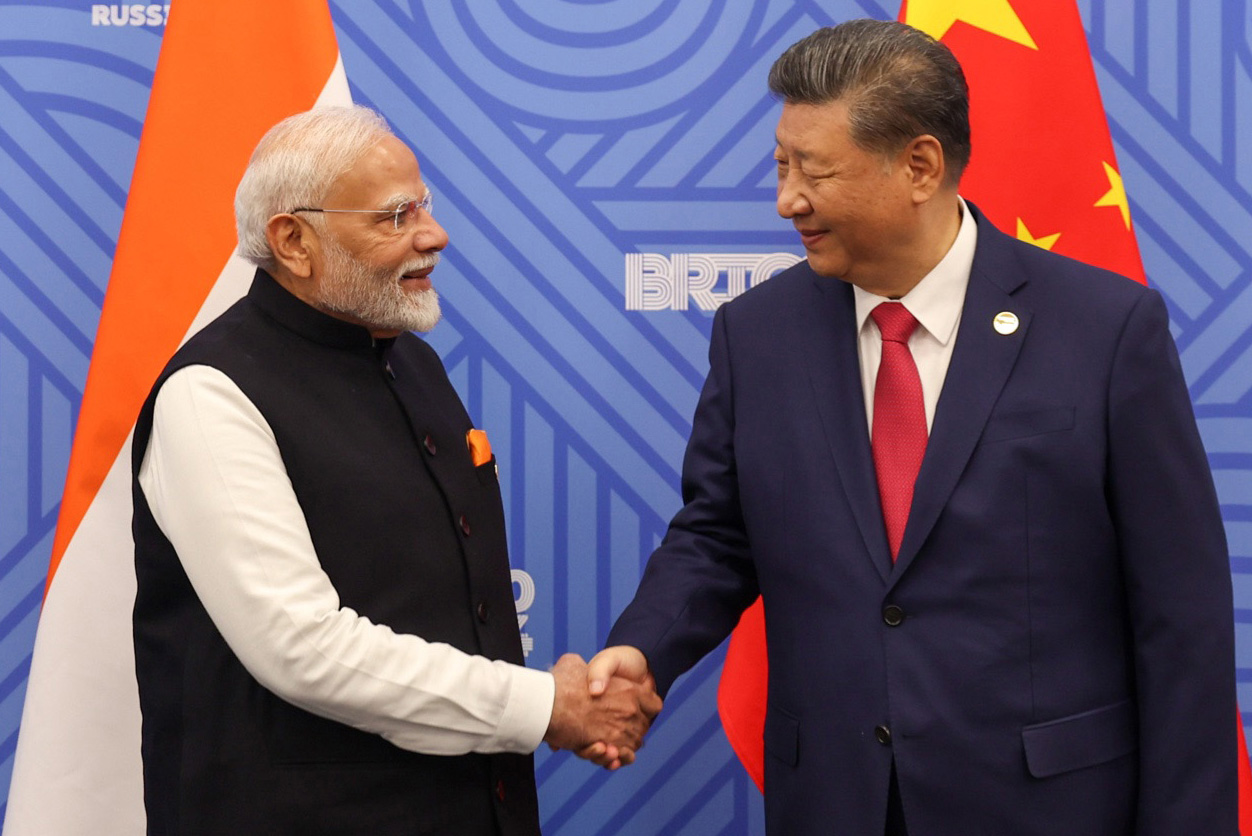The farmers’ strike in Punjab, erupting on 5 March 2025, stands as a fierce rebuke to the capitalist machinery grinding down India’s farmers. Led by the Samyukta Kisan Morcha (SKM), a coalition of over 30 unions, this movement confronted not just the Punjab government but the broader edifice of Indian capitalism. At its core lies a betrayal by the Aam Aadmi Party (AAP), once a vocal ally of farmers, now a pliant tool of the ruling class. This struggle, echoing the heroic 2020-21 protests, demands a revolutionary response—uniting workers and peasants to uproot Modi and the capitalist system.
On 2 March, 2025, SKM leaders met Punjab Chief Minister Bhagwant Mann, presenting 19 demands—minimum support prices (MSP) for crops like basmati and maize, debt relief, and compensation for past losses. Mann’s abrupt exit from the talks signalled contempt, igniting outrage. By 5 March, 18 sit-ins mobilised nearly 4,000 farmers across Punjab, only to face police kettling and over 100 arrests, including 35 key SKM figures. Raids cloaked as “drug control” measures targeted union leaders’ homes, exposing a calculated assault on dissent. The SKM retaliated, calling for protests outside AAP MLAs’ homes on 10 March, daring Mann to face them publicly.
AAP’s shift marks a stark reversal. In past farmers’ struggles, it championed farmers against the BJP’s central policies, riding anti-establishment fervour to power in Punjab. Yet, after crushing electoral losses to the BJP in recent Lok Sabha (Indian Parliament) elections in June 2024 and corruption scandals — like an AAP MLA’s alleged Rs 30 lakh extortion in Sangrur — AAP’s allegiance has swung. AAP went now to a “total capitulation” to the BJP, marketisation policies that aim to dismantle public sector agriculture infrastructure for capitalist profiteers. The SKM’s demand for MSP, a lifeline ensuring farmers’ survival, remains stalled despite prior commitments. This betrayal mirrors the BJP’s agenda, as Punjab’s agricultural backbone bends under corporate pressure.
Modi’s servitude to global capital
Modi is desperate to open up the Indian economy for corporate exploitation. His recent visit to Trump, disguised as “friendly relations,” reveals a sinister intent: to open India to American capitalists for unrestricted plunder. Trump’s imposition of agricultural tariffs on countries, including India, tightens the screws. India’s economy, heavily reliant on American agricultural imports, faces a chokehold: about 12 percent of its agriculture exports are linked directly or indirectly to the USA. In 2023, India exported roughly £7 billion annually of agricultural produce to the USA, a lifeline now threatened. This dependency compels the Indian state to accelerate marketisation, stripping away the remaining barriers to global corporations.
The parallels to 2020-21 are striking. Then, farmers besieged Delhi against Modi’s anti-farmer laws, enduring police brutality, media vilification, and futile “talks” meant to exhaust them. Over 700 died in the frigid winter, several by suicides, yet their defiance rattled the Modi regime. Farmers won most of their demands and forced Modi to back off from implementing his farm laws. Today, Punjab’s farmers face a similar script: an anti-worker and anti-farmer Punjab government favouring repression over dialogue. Punjab’s police raids served the same end. Both struggles pit small farmers against a capitalist system—epitomised by large capitalist tycoons like Ambani and Adani—determined to corporatise agriculture.
The farmers’ demands—MSP, debt relief, market support—represent a fight for survival. Public markets, once a shield against exploitation, are being choked, forcing farmers into private profiteers’ hands. The state has run out of means to implement even simple reforms. This echoes the 2021 laws’ aim to hand agriculture to corporations, spiking food prices and immiserating workers. Punjab’s farmers now face the same threat under AAP’s watch, with destitution and suicides looming if they falter. Reformist trade union leaders, tethered to corrupt parliamentary politics and opportunism, stifled farmer movement escalation.
Farmers and workers: unite and fight!
An indefinite general strike, linking farmers with workers, could topple Modi’s allies and challenge capitalism itself. The recent farmer movement lays bare Indian capitalism’s rot – a state that raids homes while billionaires thrive. Farmers face batons and jails, and their defiance exposes AAP and BJP as two faces of the same class enemy.
Farmers need to mobilise under revolutionary leadership that can link their struggle with workers and the international proletarian movement. Only this can bury Modi’s regime and its capitalist masters once and for all.




